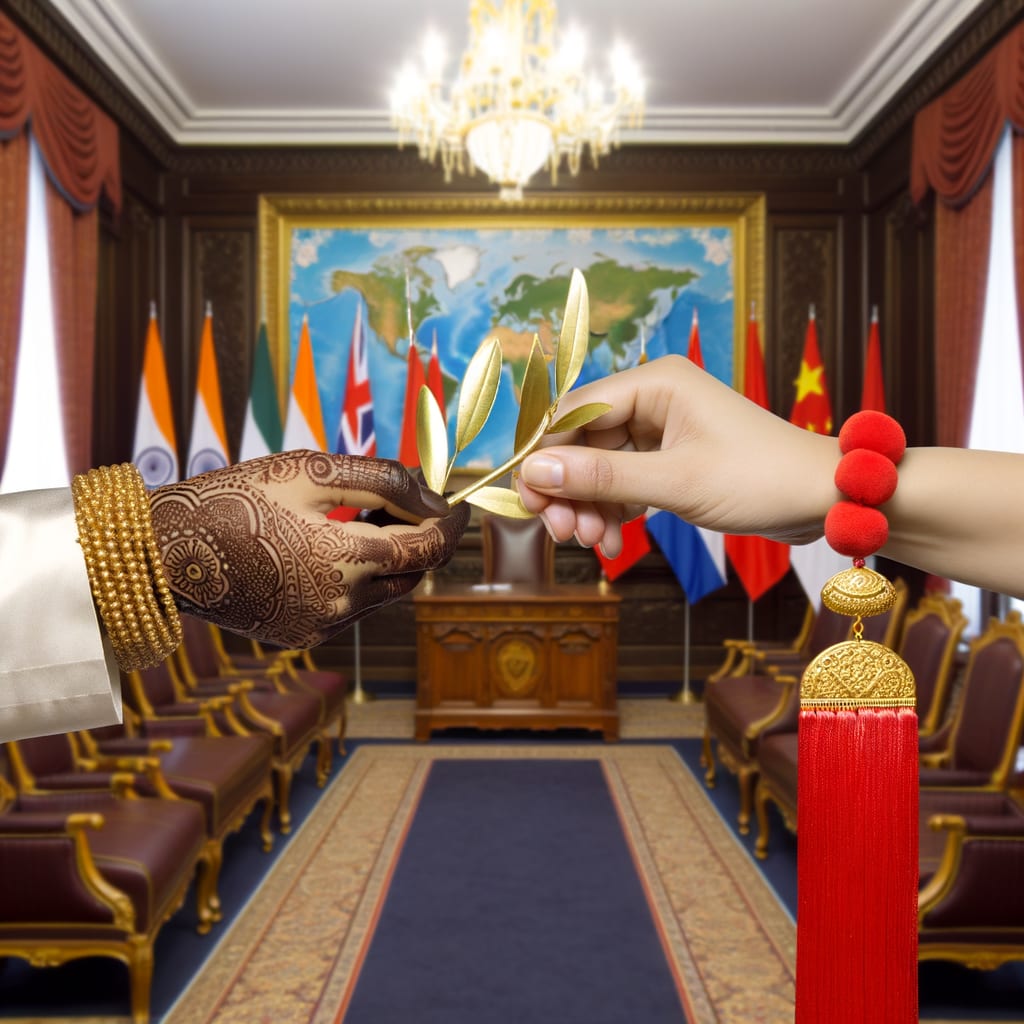India and China Seek to Strengthen Ties, Signals Diplomatic Thaw
China's Foreign Minister Wang Yi's recent visit to India signifies a potential thaw in the relations between the two Asian powers. The minister's visit precedes Indian Prime Minister Narendra Modi's trip to China, scheduled for the end of the month. The visits indicate a positive trend and a renewed commitment to place their relationship on a constructive path, according to various international sources.
Historical Background and Current Developments
This year marks the 75th anniversary of the establishment of diplomatic relations between India and China. The Chinese foreign minister emphasized that lessons from the past should guide the future of their bilateral relations. Wang Yi's visit to New Delhi is his first in three years.
During his visit, Wang Yi held talks with his Indian counterpart, Subrahmanyam Jaishankar, and India’s National Security Adviser Ajit Doval. He also met with Prime Minister Modi. The discussions centered around viewing each other as “partners and opportunities,and utilizing each other’s resources for development and revitalization. This sentiment was echoed by Modi, who noted the
steady progress" in ties between the two countries.
Reviving Dialogue Mechanisms and Border Disputes
Wang Yi highlighted the revival of dialogue mechanisms between China and India during his meeting with Modi. In talks with Doval, the two reached a consensus on regular management and control to maintain peace in border areas and to properly handle sensitive points. Wang's visit also confirmed Modi's upcoming visit to China for the Shanghai Cooperation Organisation summit, which will be Modi's first trip to China in seven years.
The two sides agreed to support each other in hosting successful diplomatic events, including the BRICS summits in 2026-2027, according to the Indian Ministry of External Affairs.
Trade, Cultural Exchanges, and Taiwan Policy
Amidst the warming ties, both countries have agreed to resume trade and other ties, as well as work towards resolving the long-running Himalayan border dispute. They have also agreed to resume direct flights and to issue visas to journalists to facilitate business and cultural exchanges.
However, despite Beijing's claim that Taiwan is part of China, Indian government sources have stated that India's policy towards Taiwan will remain unchanged. India will continue to maintain economic, technology, and cultural ties with Taiwan.
Conclusion
The recent diplomatic engagements between India and China indicate a positive trend in their relations. As two nuclear-armed Asian powers, their strengthened ties offer the world much-needed certainty and stability. The focus now shifts to Modi's upcoming visit to China, which is bound to be watched with keen interest by international observers.

